Why did Michael Jordan leave the NBA?
6:06pm, 17 July 2025Basketball
A few days ago, LeBron James and Nash invited Durant in the show "Mind The Game", and the three of them talked about their opinions on basketball. In the interview, Durant said in a surprising way:
"Some people ran to play baseball midway, and some people played basketball for 22 years."
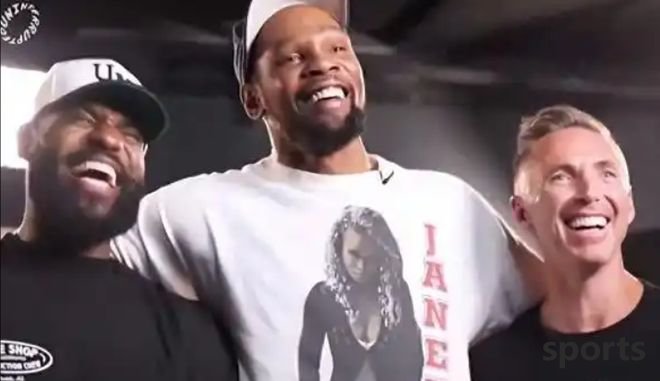
As soon as this statement was released, it immediately triggered the discussion of fans, and the contrast between the words was obvious. Durant alludes to the most legendary figure in basketball history: Michael Jordan.
In 1993, Jordan chose to retire and move to baseball at the peak of three consecutive championships and MVP. This move shocked the world. This unusual journey not only affected the development of the NBA, but also redefined the new relationship between athletes and their own lives. His "I’m back" a year later became the most classic harsh words in basketball history.
Why did Jordan choose to leave basketball? Is Durant's words fair? What exactly did that baseball age bring? How did Jordan grow up with the pain of the past, return to the NBA and dominate the game again?
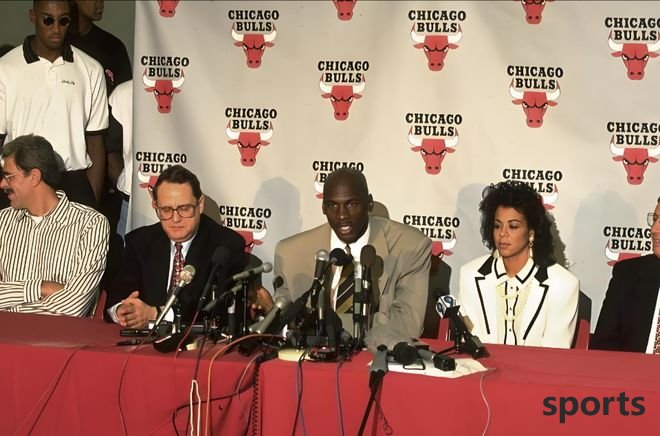
On October 6, 1993, the Bulls Training Center gathered many media reporters, looking forward to hearing the latest updates of Michael Jordan. The super star wore a simple dark suit, announced his retirement in the face of flashlights and many reporters' questions. He could not hide his heavy mood in his words:
"This is one of the most difficult decisions in my life. In July, I lost my father. This changed everything. After losing him, I could no longer find the motivation to continue playing."
At the press conference, someone asked him whether he made this decision because of a physical problem, and Jordan admitted:
"My physical condition is fine, but I have too many entanglements and confusion in my heart. Pain."
When the reporter mentioned the rumors from the outside world, Jordan responded seriously:
"These rumors are misunderstandings, my decision has nothing to do with anything else, it is purely a personal choice."
The whole press conference lasted for half an hour, and Jordan took deep breaths many times at the scene. Finally, Jordan said bluntly:
"I will always be grateful for everything basketball has given me, but now it is time to put down my sneakers for the time being and find a new direction."
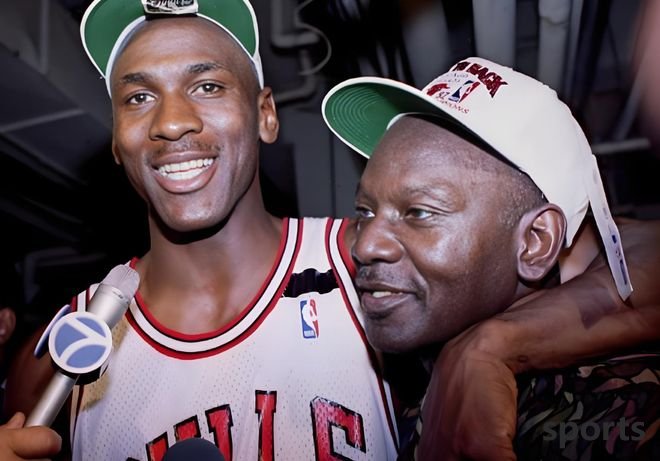
Behind this, Jordan's father, James Jordan, passed away unexpectedly in July 1993, which was a fatal blow to Jordan. For many years, James Jordan was not only his father, but also the spiritual pillar and source of inspiration behind it. Previously, in his personal biography "The Last Dance", Jordan deeply expressed his mood at that time.
Compared to others, Jordan has never been limited to one player. He is a basketball idol around the world and has top commercial value. Referring to the book "Jordan's Law", reporter Sam Smith clearly pointed out that Jordan is not actually not interested in playing basketball, but is tired of endless demands and criticism from the outside world, and his psychological and emotional pressure is unimaginable to many outsiders.
After the news of Jordan's retirement broke out, it also triggered many conspiracy theories from the outside world. The most mentioned was that he was questioned that he was banned by the league for gambling issues. However, at that time, NBA chairman David Stern publicly clarified:
"Jordan has never been banned. This is a wrong statement. If anything serious happens, we will take corresponding actions."
And Jordan himself also made it clear in the documentary that the reason for choosing to leave was entirely because of his father's death, which made him unable to focus on basketball. After leaving basketball, Jordan chose to devote himself to the baseball career, and this journey is also eye-catching. On February 7, 1994, Jordan signed a contract with the Chicago White Sox and was then assigned to the 2A-level team Baron Birmingham. The Alabama team became the focus of the nation overnight. Jordan chose to wear the No. 45 jersey, which was his jersey number when he played baseball in high school and also symbolized his new beginning.
Many people have questioned why the kings on the basketball court chose to switch to different fields. In this regard, Jordan once said in person:
"Baseball is the shared dream of my father and I. He said that if I didn't choose basketball, I might become a very good baseball outfielder."
For Jordan, this is not just a sports choice, but a way to commemorate my father, a continuation of emotions between father and son.
Just as Jordan was gradually adapting to the rhythm of baseball, in August 1994, the MLB League broke out due to labor-management disputes, and the minor league was also implicated, resulting in the season suspension. Jordan's original plan to participate in the major league in 1995 also aborted. When baseball was hopeless, Jordan quietly returned to Chicago and re-trained behind closed doors with the Bulls.
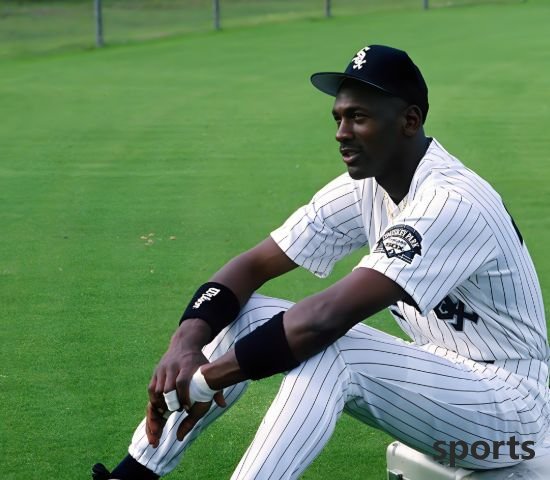
According to the Bulls insider at that time,
"He was only here to train, but you can see that some familiar light was rekindled in his eyes."
agent David Falke recalled:
We prepared several versions of the news draft, and they were all formally written. But in the end, Jordan said: I don’t need these, just pass on a sentence for me. In this way, on March 18, 1995, a piece of paper was sent from the fax machine with a simple sentence:
"I'm back."
It was this sentence, without any modification, and became one of the most representative declarations in NBA history, instantly making fans excited. The next day, Jordan returned to the familiar arena and returned to the NBA wearing the No. 45 jersey.
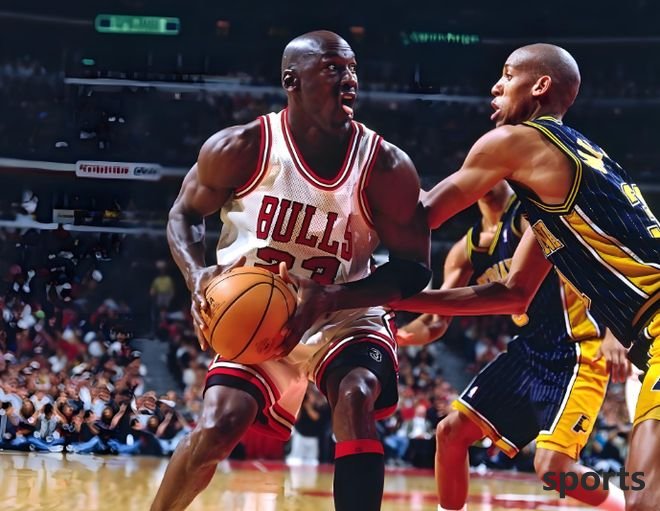
On March 19, 1995, Jordan returned to the NBA and faced the Pacers. Although the Bulls lost their opponent 96-103, Jordan scored 19 points, 6 assists and 6 rebounds in his first game, which was enough to show his still online competitive state.. On the night of his comeback, the national live broadcast ratings soared to 35 million, setting a record for the NBA's single-game broadcast ratings at that time.
Then he returned to Madison Square Garden in New York, and Jordan scored 55 points in one fell swoop. Facing his old rival, the Knicks, the basketball god used his strength to prove to the world one sentence: he is really back. In the post-match interview, Jordan responded modestly:
"Some people say that I will not dominate the game again after I come back, so I use the game to let everything speak."
In the 1995 playoffs, the Bulls were defeated by the Magic and missed the championship, but Jordan's return once again ignited the team's new hope. With the following offseason, Jordan actively trained to welcome the 1995-96 season. The Bulls scored the best record of 72 wins and 10 losses in one fell swoop. Jordan also won his fourth MVP trophy again and led the team to start the prelude to the three consecutive championships.
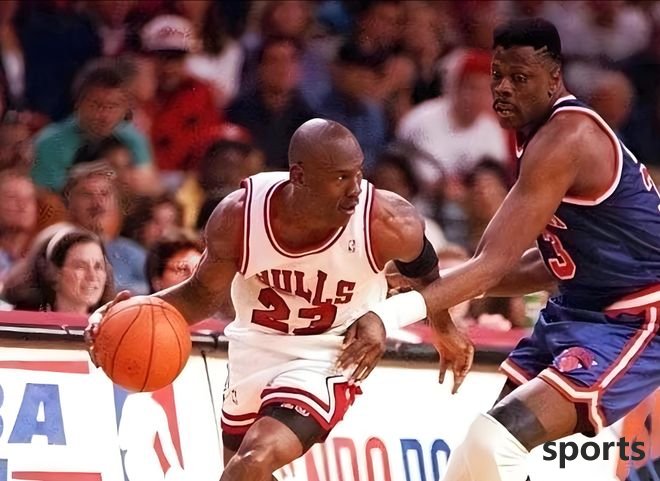
The whole trajectory has gone down. If we look at it from an objective perspective, Durant's words about Jordan are not all wrong. The persistence he emphasized and the long-term dominance are indeed the symbols that many modern superstars rely on for their lives, but at the same time, we cannot ignore the pressure and emotional trauma that Jordan faced back then.
For his first retirement, it was not because of his physical limit or decline in competitive levels, but more because of his fatigue deep in his heart and loss of life direction.
Looking at the old days and the present, whether it is Jordan, Durant, or James, these super stars have their own greatness. Jordan dominates the league with long-term stability and competitiveness, while Jordan is looking for the power of self-rebirth in adversity. There is no right or wrong, and it is these two different choices that ultimately weaved the legendary chapter of the NBA.
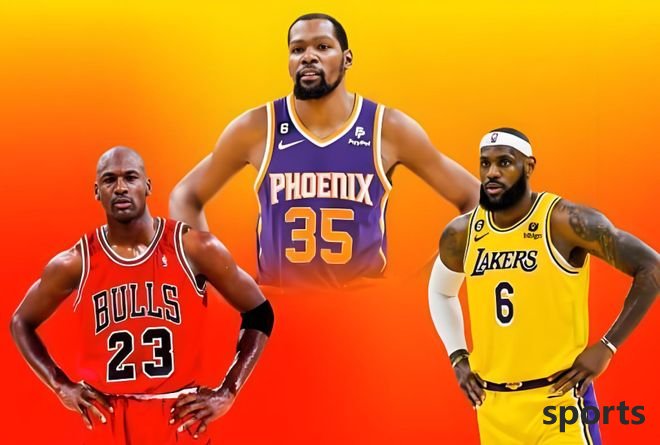
Related Posts
- Can the Clippers wait for Bills to strengthen? US media recommends 2-for-1 DeRozan: Who will play as a substitute for Bill/DeRozan?
- Skip Kessler! Pelinka offers new Love, killing two birds with one stone for the Lakers
- Jokic former teammate! Why can t Monte Morris stay in the NBA at the age of 30?
- James announces his retirement? Lakers reporter: The time is right. Announce in advance to receive tribute like Kobe.
- Lake Note: James and Reeves will have a complete training camp to learn how to work with Doncic
- The teams that are interested in trading are in the upward position: NetGrade is dissatisfied with the result of the bad performance, and the Thunder signs too many
- Currently, the 9 coaches who have been coaching a team for the longest time
- Wiggins took his wife on vacation, and she performed mediocrely after being traded. The contract has 2 years left. His wife is prosperous for her husband.
- The general was arrested and imprisoned for up to 15 years. The 45-year-old No. 1 pick celebrates publicly: Today is my birthday
